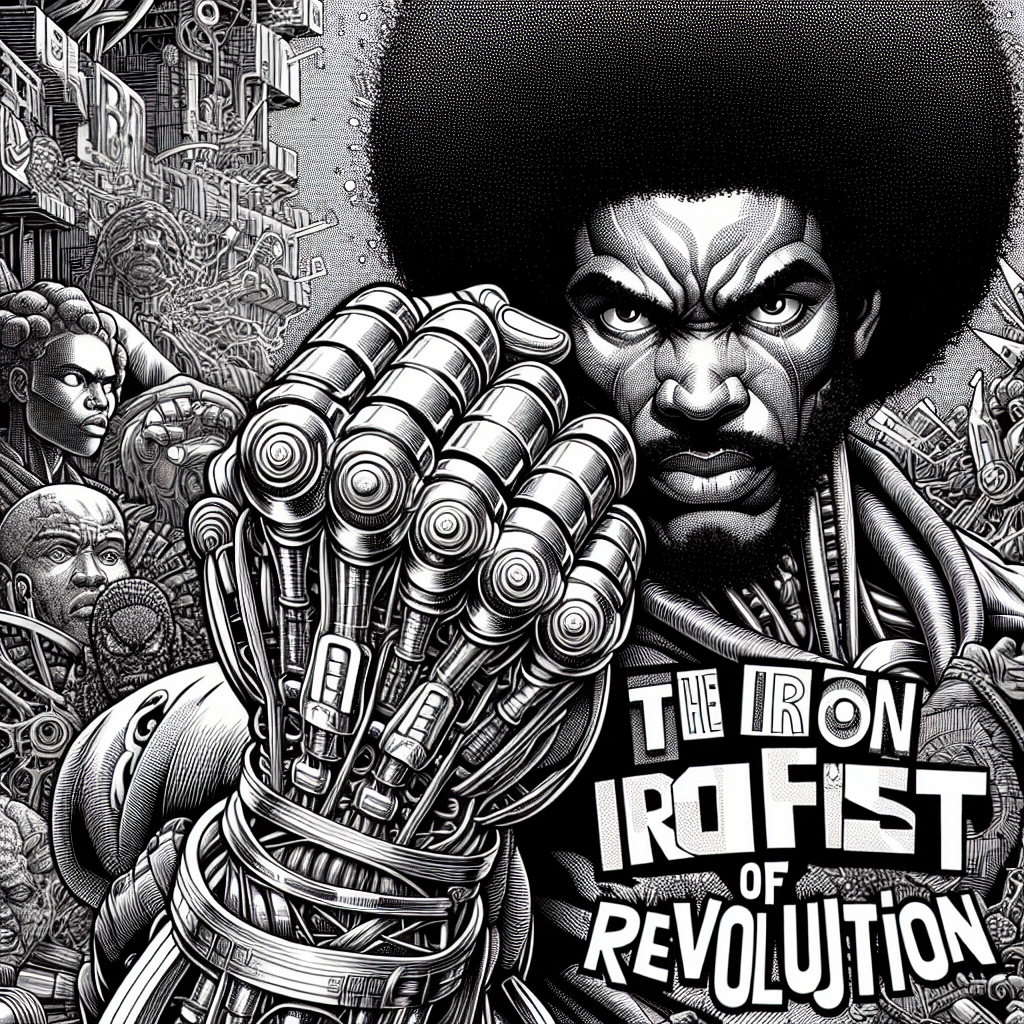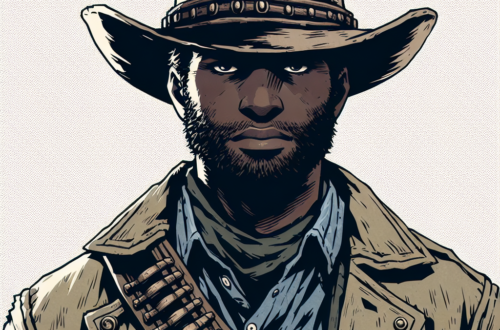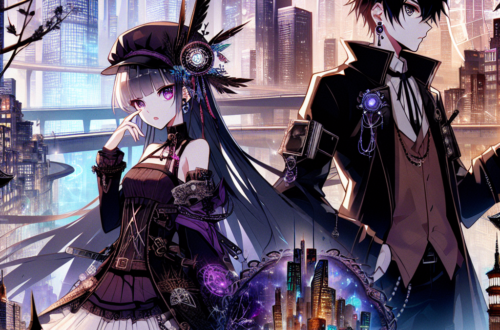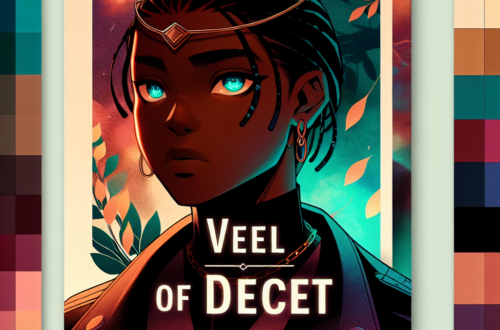Title: The Iron Fist of Revolution
Date: 1848
In the heart of France, the streets of Paris were alive with the roar of discontent. The air was thick with the aroma of gunpowder, mingling with the scent of freshly torn banners. It was the dawn of a revolution—a time when the poor would rise against the oppressive monarchy that had ruled with an iron fist for too long.
Among the throng of passionate citizens stood Camille Moreau, a seamstress turned revolutionary. Her fingers were calloused from years of stitching the garments of the wealthy, yet her heart was aflame with the desire for justice. The Revolution was a catalyst for change, and this would be her moment.
Camille had witnessed the suffering of her neighbors, families torn apart by hunger and despair. One rainy evening, as she watched the rich dine on lavish meals while children outside her window scraped together scraps, the anger within her ignited like a wildfire. The very next day, she joined the ranks of the enraged citizens marching towards the palace, armed with nothing but her indomitable spirit and a small iron dagger gifted to her by her late father, a blacksmith who had always talked of the power of rebellion.
The crowd swelled, hundreds strong, chanting, “Liberty! Equality! Fraternity!” Their voices echoed through the cobblestone streets, merging into an anthem of revolution. Leading the throng was a figure dubbed "L’Iron Fist" by the media—a charismatic orator and former soldier named Étienne Durand. Clad in a tattered greatcoat, he wielded his words like weapons, rallying the masses with fervor and fire.
As they reached the Palais Royal, the atmosphere crackled with anticipation. The guards, wearing the insignia of the monarchy, stood resolute—yet fear flickered in their eyes. “We demand freedom!” Étienne shouted, raising his fist into the air, the embodiment of iron will. The crowd surged forward, propelled by their collective yearning for change.
Yet, the guards held firm, trained to respond to any insurrection with sheer force. A tense standoff began, the churning emotions teetering on the precipice of violence. Camille felt her heart race; she had come for change, not bloodshed. Drawing a deep breath, she pushed through the crowd to stand beside Étienne, eyes blazing with determination.
“Listen!” Camille cried, her voice piercing through the chaos. “We are not here to kill! We seek justice, to reshape our world! Fight with your hearts, not just your fists!”
The eyes of those around her shifted, the tension palpable, as they absorbed her words. This was not just about rebellion but unity—a cause fought with wisdom, not savagery. Étienne turned to her, a flicker of intrigue lighting his gaze. He stepped back, allowing Camille to speak.
“We will overthrow their tyranny, yes, but we do so to build a new world, not to replace one oppression with another!” Her voice rang true, echoing amidst the silence that had fallen over the crowd.
In that moment, the revolution shifted. Inspired by Camille’s resolve, they began to chant again, but this time the words were different—”Unity! Strength! A future for all!” Encouraged, the guards wavered, witnessing a spirit they did not expect—one of hope instead of hatred.
As the sun dipped low in the sky, casting a golden hue upon the cobblestones, the guards finally succumbed. With a shattering of fear, they lowered their weapons. The people surged forward, not in a frenzy of violence, but in a tidal wave of camaraderie. The palace was taken, but within it, they found not just a seat of power but a treasure trove of documents and records—the very names of the rich and corrupt.
Weeks followed as the tide of revolution spread across Europe, igniting flames of change in countries far and wide. Camille and Étienne became leaders, guiding the movement, not with the iron fist of cruelty, but the iron will of compassion. The dagger Camille carried became a symbol, a reminder that tools of war need not only be weapons of destruction.
As spring blossomed, the tides truly began to change. No longer would the streets of Paris echo with the cries of the oppressed, but with joy, laughter, and the promise of a better tomorrow. Camille Moreau stood among her comrades, not just a seamstress but a leader of a new era, proof that one voice, ignited by the fire of injustice, could spark a revolution and turn the tide of destiny.
The Iron Fist of Revolution had not only marked the fall of a monarchy but had birthed a new philosophy grounded in hope. They had fought not to seize power but to empower the very essence of humanity—a legacy that would echo through the ages, inspiring countless others to follow in their footsteps.






